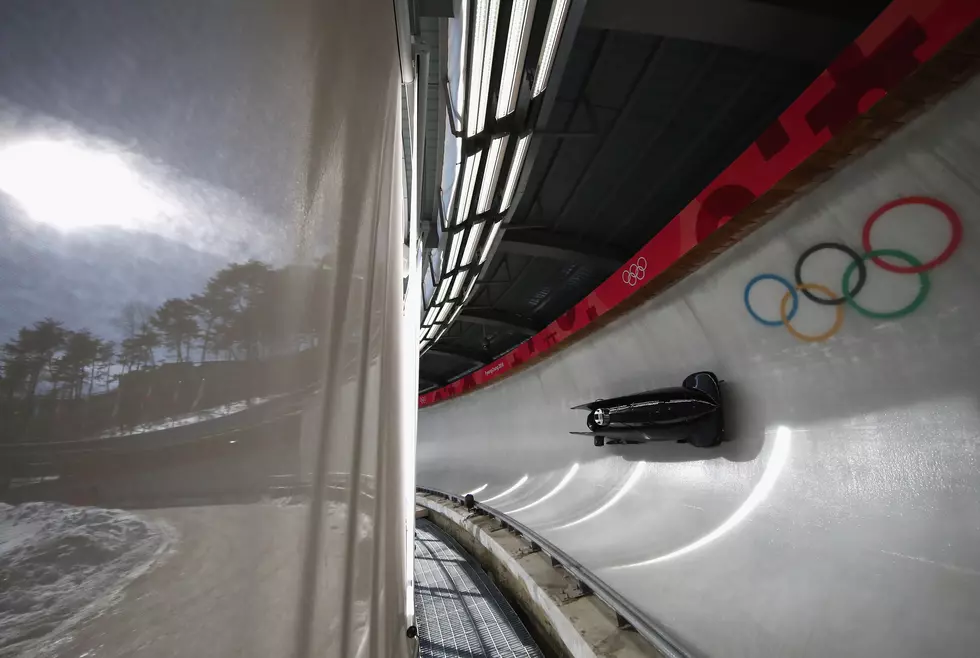
Live or Tape: What Time is it Really in South Korea?
Lars Baron
It's not often that the Olympics take place in a time zone so different than ours. Due to the sixteen hour difference, most of the afternoon and evening events don't show up on our TVs until the next day.
We know we're seeing the information late, yet the LIVE broadcast showing on our TVs is throwing quite a few people for a loop.
As an avid Olympics supporter, it took me until Tuesday (Wednesday South Korea time) to come to grips with the 16 hour time difference. Was I watching something live? Was I watching something that has already aired? Can I just skip and find the results online?
There are only eight hours when we in America are on the same day as South Korea and that mostly happens at night, Boise time of course.
So how can we find out if we're REALLY watching the Olympics live?
The easiest way is by watching how slow an event moves. NBC is great at editing out much of the non-essential competition allowing the show to highlight America and the American winners. So if you magically turned the TV on right as Shaun White is about to take on the halfpipe, chances are you're watching a pre-recorded segment.
When it's live, the network has to take the competition as it happens and that sometimes means struggling through a mediocre performance. It also means NBC has to be ready with fill packages in case there is a weather delay, a crash or some other live intervention that throws everyone an Olympic curveball.
One thing that has been nice is as I watched the Olympics Sunday in Boise it was already Monday in South Korea and I was grateful I still had some weekend left.
From there, keep the time in mind. The 16 hour difference means that when we're watching our primetime TV from 7 p.m. to 10 p.m. it's really 11 a.m. to 1 p.m. the next day. If you're watching a sunset or early morning competition, it's prerecorded as well.
More From Power 105.5









